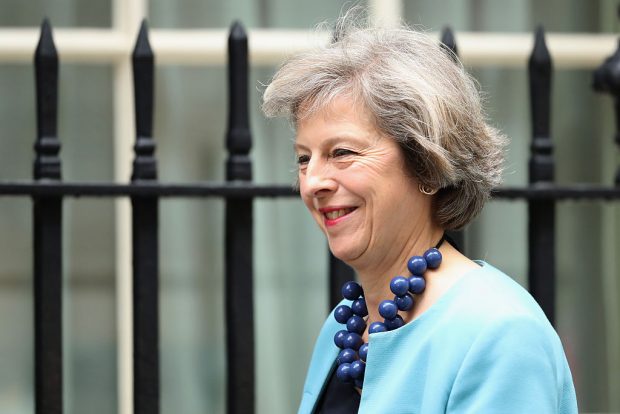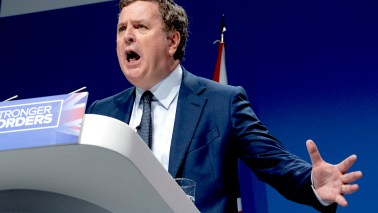Theresa May takes over as Prime Minister this afternoon much sooner than she expected at the start of the week. First on her agenda is to appoint her Cabinet, which we are expecting to happen later today, but then the new Tory leader will have a great number of gaps to fill in when it comes to what she thinks about policy. A full leadership contest would have revealed this, but instead we will have to get to know May as she does the job.
Those looking for clues about what sort of policies the new Prime Minister will adopt could do worse than to look at the work the 2020 Conservatives Group has started doing. The internal party caucus, which largely represents centrist, modernising MPs, and has been praised by May during her truncated campaign, has set up a policy review that is looking at the economy, enterprise, public services and so on. The group is chaired by George Freeman, the Life Sciences minister, it has started examining a programme of 21st Century Conservatism. Its key themes on the economy include the need for ‘a much more ambitious programme of employee share-ownership, mutualisation, and profit-sharing’; an ‘assertion we believe in enterprise economics first and foremost because of its role in accelerating social mobility, not just in increasing GDP’, and tax breaks for new businesses. Another eye-catching suggestion in the review is that people who earn over £1 million are expected to give 5 per cent to charity – and the government will levy a philanthropy tax if they don’t. It also commits to further devolution of powers and spending to cities and counties, and a focus on ‘monopoly-busting’:
‘An assurance that we will not tolerate the lazy dominance of the big corporations in our political economy, but will instead unleash the forces of insurgent competition and innovation. We should disrupt the often openly cosy cartels in utilities and banking by letting in the new providers to show that we believe in markets because they drive value, choice, competition and opportunity.’
This last sounds like something most free market Conservatives could get on board with, but some of the others, such as a philanthropy tax, might be less popular with some branches of the party. And given May needs to reunite the Tories and get them talking to one another again, it may be that some of these ideas don’t make it into a May-led Queen’s Speech too soon.







Comments